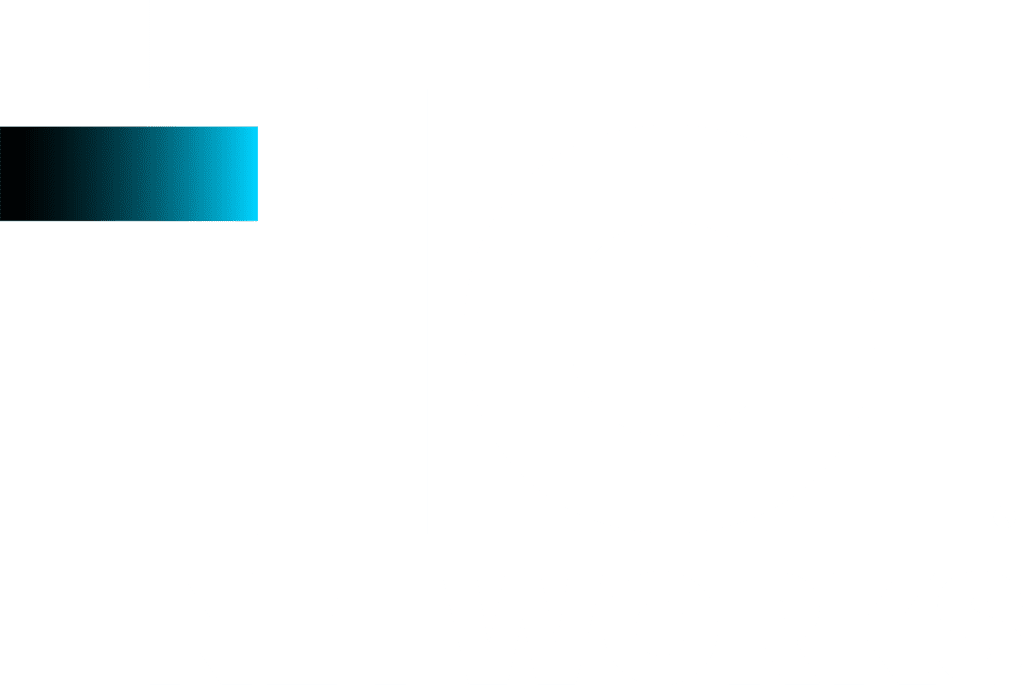Your business has a lot of options when it comes to internet connections. With dial-up long behind us, you can now compare a wide variety of connection types to get – and keep! – your business online.
So many choices can be overwhelming, and each option has pros and cons. You’ll need to decide how critical reliability and speed are for your operations – as well as what your budget can handle.
Wired Business Internet Connections
In most commercial locations you will have a range of connections – in different speed profiles – available to compare. Understanding the pros and cons of each can set you up for success:
- ADSL: An Asymmetric Digital Subscriber Line (ADSL) delivers the internet through copper telephone wires. This means that these connections can be bundled with your phone service to save money. Signal strength degrades over distance, so speed depends largely on the ISP’s nearest location. Rural areas may only have speeds around 3 to 12 Mbps, while urban areas can go upwards of 50 Mbps. The “asymmetric” part of the acronym means you will have stronger download speeds than upload. This can impact things like video conferencing and cloud tools, as they have a “send” function. However, if those aren’t critical functions of your business and you’re in an urban area, ADSL internet is a cost-effective choice that works well for many small or newer businesses. Despite smaller bandwidth profiles, it’s a budget-friendly option for tasks like email, web browsing and small file downloads.
- Cable internet relies on an existing network of coaxial cables to send and receive data. Instead of providing endless channel-surfing opportunities, a modem translates the signal into internet access. Speeds vary from 10 Mbps to 1 Gbps, with the best connections delivering high speeds and unlimited bandwidth. In Canada, asymmetrical bandwidth is the most common connection and several carriers are now offering speeds of 1Gbps down with 50 Mbps up. Cable internet is a good choice for downloading and uploading files, digital collaboration tools and video conferencing, however, keep in mind that it does not come with the business-grade service level agreements (SLAs) that other business internet options include.
- Fibre offers high-speed, reliable connectivity at 1 Gbps or higher, and is becoming more affordable as it expands in availability. Fibre optic cables are made of thin glass fibres that transmit data quite literally at the speed of light. This business internet option is ideal for companies that rely on symmetrical data transmission and high upload speeds. Installing fibre connectivity can be expensive if your building isn’t already “on-net,” but companies with a fibre-ready location can immediately take advantage of the fastest, most reliable connectivity available. For companies that access cloud applications or use a Voice over Internet Protocol (VoIP) phone system, fibre can guarantee the performance you want. Fibre internet has a number of options, from residential-grade GPON connections to the ultra-high bandwidth of Wavelength Circuits. Be sure you know exactly what you’re getting – and what kind of performance you can expect from it.
Wireless Business Internet Connections
In Canada, wireless internet connections for businesses can include dedicated speeds with strong SLAs. These connections can be great for both primary and failover connectivity – even if you have access to wired infrastructure, a wireless connection can keep you online in the worst-case scenario.
- Cellular-based LTE internet is rapidly becoming more reliable as mobile carriers expand their footprints and increase network capacity. A modern LTE modem can provide high bandwidth connections that are capable of QoS provisions and low latency transmission. That said, signal quality is very dependent on how close you are to the nearest wireless tower. If your location is near the edge of coverage, you can still struggle to get reliable speeds. LTE signals are also affected by the number of devices using them, so if network traffic increases, the signal quality will degrade.
- Satellite is often the best choice for businesses in rural or remote areas. While it’s certainly not winning any speed awards, the advantage of satellite internet is that it’s available almost everywhere. However, if you rely heavily on cloud or video conferencing tools you’re not going to see the performance you want. Satellite connections require a receiver dish in addition to a modem. The dish collects radio signals transmitted from low-orbit, which are then translated into internet data by the modem. Rain, snow, trees, wind or even sunspots can interfere with the signal, creating problems with slow speeds and downtime. Even the speed of light can be a factor, considering the distance your signal has to cover! While slow speeds are a drawback of satellite connection, it offers nationwide coverage without demanding the installation of a landline.
Overcoming Limits
Your choice may be dependent on what business internet options are available in your location. Fibre access isn’t universal yet, and rural or remote locations will have even fewer options. It’s a good idea to talk with other businesses nearby to see what their experience has been with the connection types – and service providers – you’re considering.
If you can’t access high-speed networks, SD-WAN – Software-Defined Wide Area Network – technology can bond multiple circuits to create faster connections. This is also a great way to introduce redundancy to your network – if your primary connection fails, you can automatically move to the next best option. Combining both wired and wireless connections via SD-WAN gets you the best of both worlds.
The Bottom Line
Choosing the best business internet option is an important decision. You want to be sure that you have the connectivity you need to support all your business operations – both now and as you grow. To identify how much bandwidth your technology requires and evaluate your options for both speed and pricing, contact us at iTel. Our team of experts can help you find the answer to all your questions.





